#NorthAmericanFreeTradeAgreement
U.S. Seeking a Trade Deficit Reduction in Early NAFTA Talks and Not Much Else
Despite President Trump having initially framed his proposed NAFTA renegotiations as a hardline “America First” endeavor, the administration’s stance has soften significantly. In a recent summary of objectives, U.S. Trade Representative Robert Lighthizer highlighted fairness as the key issue throughout.
Absent were any mention of abandoning the deal if certain conditions were not met and the steep tariffs previously alluded to by the president. In fact, any mention of tariffs specifically targeted their reduction or elimination — for both imported and exported goods. There are, however, numerous examples that reaffirm the Trump administration’s earlier objectives and a handful of inclusions that should please domestic automakers.
Two-thirds of Post-recession Manufacturing Jobs Were a Result of Foreign Investment, Says Study
As the Trump administration applies pressure to encourage companies to manufacture goods within U.S. borders and bolster American employment (or potentially face towering tariffs), the president has more recently come out against foreign automakers directly. In late May, Trump responded to criticism from German Chancellor Angela Merkel by accusing her country of having a trade surplus with the United States — claiming its automakers send vehicles to North America while providing little else. Trump has levelled similar criticism at China.
However, there’s a problem with his assertion. Foreign companies may not always contribute the majority of their wealth towards improving the U.S. economy, but they do invest heavily into the country. In fact, a recent analysis of federal jobs data shows two-thirds of the 656,000 manufacturing jobs created between 2010 and 2014 can be attributed directly to foreign investment.
Accurate employment figures for the following years aren’t yet available. But, with an additional $700 billion in capital coming in from non-domestic sources, total foreign investment reached $3.7 trillion by the end of 2016 — a new record.
No Deadline for NAFTA Talks Despite Industry Plea for a Quick Turnaround
U.S. Trade Representative Robert Lighthizer said on Wednesday there was no definitive timeline for completing NAFTA trade renegotiations. Discussions haven’t even begun between the United States, Canada, and Mexico but legislators and executives have already warned prolonged negotiations would likely be detrimental to their interests.
The automotive industry is mainly seeking a swift and unambiguous update that doesn’t rock the boat too severely. Every day there is no consensus on the trade agreement is another day it has to postpone large investments. Ideally, the U.S. wants the redrawn NAFTA to prioritize its workforce and industry, while the Trump administration aims to tax imports and force companies to do more business within its borders. But, with nothing finalized, many automakers are in a holding pattern. Volkswagen, for example, is putting off decisions on major U.S. investments until it becomes clearer what course NAFTA will take.
Lighthizer Confirmed as U.S. Trade Representative After Waiver Approval
I hope you’re fond of domestic automobiles.
The Trump administration is setting the table to make importing cars more difficult with the U.S. Senate confirming Robert Lighthizer in an 82-14 vote as the U.S. trade representative, prepping the country for an assertive trust from the White House’s America First trade strategy.
Former UAW President Supports Trump's NAFTA Overhaul, Less Enthusiastic About the Man
The former president of the United Automobile Workers, Bob King, says he supports President Trump’s plan to reconfigure the North American Free Trade Agreement — so long as it maintains labor’s best interests. Ironically, King’s support of the president’s trade plan came as he attended an Ann Arbor rally in support of an EPA testing facility in danger of being closed due to Trump administration budget cuts.
King, who served as the union’s president from 2010 to 2014, faults the trade pact for a loss of American jobs. It’s his belief that NAFTA allowed automakers to invest in more-affordable regions — like Mexico — at the expensive of the United States’ workforce. His successor, Dennis Williams, has echoed these claims and also wishes to see NAFTA reformed.
Ford Has a Few Pointers for Trump as NAFTA Negotiations Loom
Ford Motor Company thinks it has the answers for the impending renegotiation of the North American Free Trade Agreement. Joe Hinrichs, Ford’s president of the Americas, believes the key to an updated NAFTA includes protections against currency manipulation and the standardization of product regulation between the United States, Canada, and Mexico.
Of course, Hinrichs is just one voice of many. Despite his initial threat of NAFTA’s abolishment failing to pan out, President Trump has maintained a hardline stance — stating he will negotiate a better deal for the U.S. (or pull out if he can’t). Meanwhile, Democratic Senator Sherrod Brown has urged for transparency throughout the process while echoing some of Trump’s campaign promises to stick up for American jobs by not showing favoritism or allowing industries to play against each other.
By contrast, Hinrichs’ proposals are specifically focused on streamlining the auto industry and avoiding long-standing complications associated with financial witchcraft.
Trump Administration Now Seeking More Modest Changes to NAFTA
The Trump administration is changing its tune regarding the North American Free Trade Agreement.
Despite the president calling the pact the “worst deal” in history throughout his campaign and hinting his goal was to abandon the agreement, the White House intends to keep numerous provisions while seeking more moderate changes.
Among the more controversial arrangements Trump intends to keep are the arbitration panels that permit investors in the three nations to circumvent local courts to resolve civil claims. The administration even has a proposal that would improve these bodies’ procedures to resolve disputes.
Is this the bold trade overhaul that Trump promised on the campaign trail?
Donald Trump Still Doesn't Understand How NAFTA Works
Donald Trump, while on the campaign trail in Michigan, is still promising to apply a 35-percent import tariff on vehicles built by Ford if it continues with plans to expand operations in Mexico, even though Trump wouldn’t have the authority to implement a tariff as president, reports The Detroit Free Press.
“We are going to do something that is going to (be) great (and) a very big beneficiary is going to be Michigan,” Trump said while speaking to supporters at Macomb Community College on Friday. “The car business is being abused more than most other businesses. … Mexico is becoming the new China.”
And we all know how much Trump looooooooves China.
Republican Hopeful Donald Trump Threatens Ford With Tariffs Over Mexico
Republican presidential hopeful and billionaire Donald Trump wants to bring the pain via punitive tariffs to Ford for manufacturing vehicles in Mexico.
Mexico, Southeastern US Besting Canada, Detroit In Auto Manufacturing
Despite being unified on the trading front, Mexico and the Southeastern United States are besting Canada and Detroit in the automotive industry game.
Daimler Expanding Sprinter Production To North America
When Daimler begins production of its next-gen Sprinter, quite a few of the vans will be leaving an assembly line somewhere in North America.
BMW Brings New North American Plant To Mexico
It’s official: BMW’s second North American assembly plant will be built in Mexico, with production to begin in 2019.
Mexico Besting Japan, Canada In Auto Exports To The U.S.
Mexico’s auto industry is set to ship more product north to the United States than Japan and Canada by the end of 2015, in part due to the effects the North American Free Trade Agreement has had on the country since its signing two decades ago.








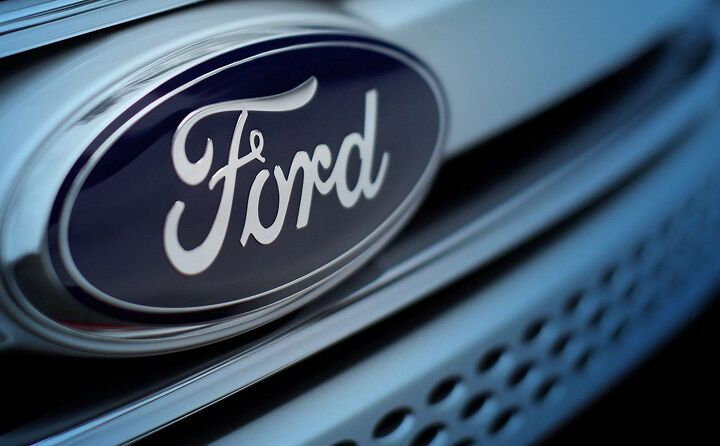

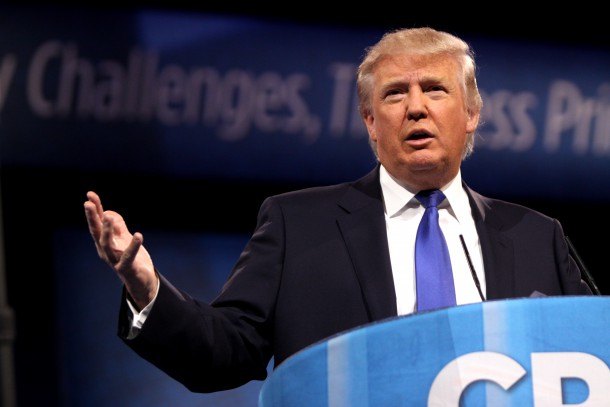
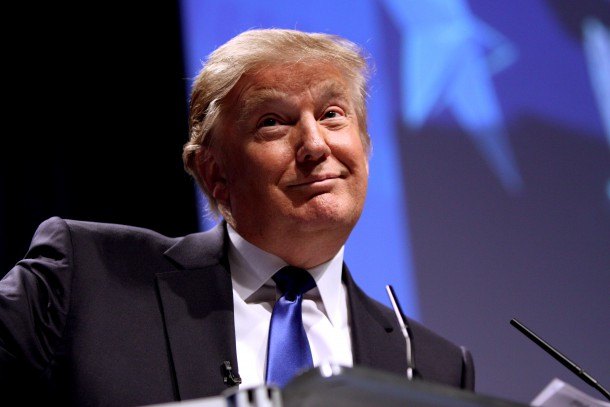
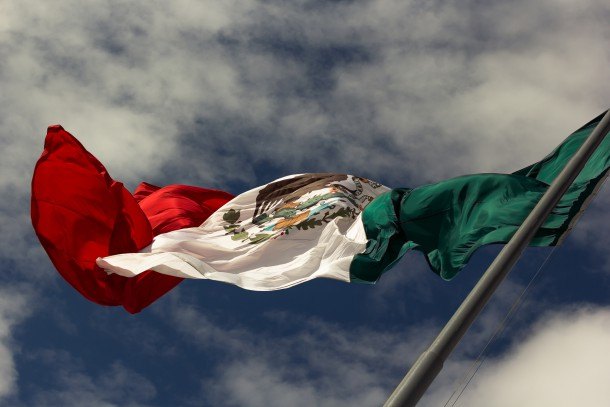
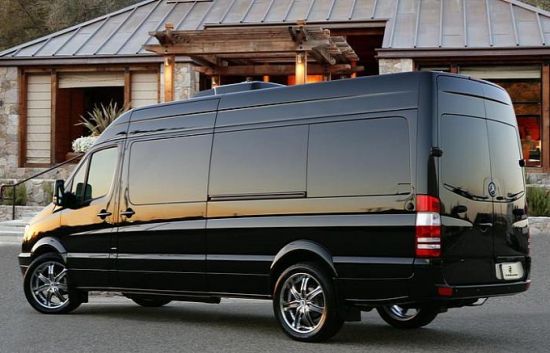
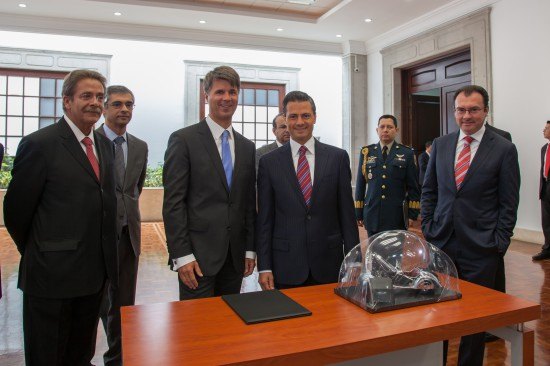
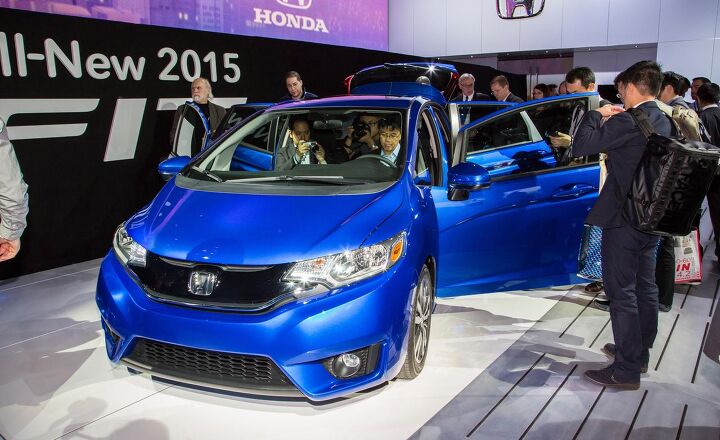












Recent Comments